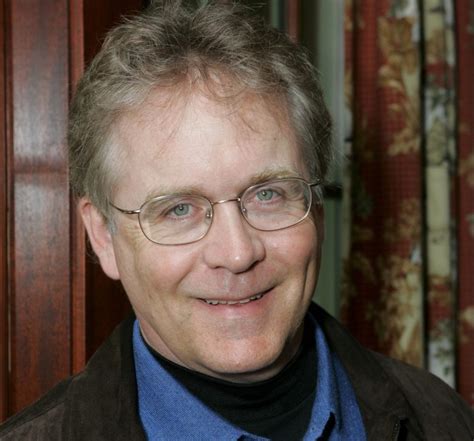Top 68 Quotes & Sayings by Mark Frost
Explore popular quotes and sayings by an American novelist Mark Frost.
Last updated on April 14, 2025.
The whole mythological side of 'Twin Peaks' was really down to me, and I've always known about the Theosophical writers and that whole group around the Order of the Golden Dawn in the late nineteenth, early twentieth century - W. B. Yeats, Madame Blavatsky, and a woman called Alice Bailey, a very interesting writer.
Since I've worked in film and television for so long, I've acquired the ability to let the version of the characters that lives in my mind make way for the living, breathing humans who are going to play them on screen. If you cast it right - and casting is about 80% of directing - they will eventually replace or exceed the imaginary image.
I've always had an idealistic streak about storytelling in that I believe we owe more to audiences than repeatedly bludgeoning them over the head while stealing their lunch money. We owe them inspiration. That's why I'm more interested now in creating new heroes than hooking up jumper cables to old ones.
In the fun house of today's metastisizing sports-entertainment megaplex, when every day brings another story revealing how these 'heroes' we create are fashioned from base clay, a pause might be in order to reflect on athletes who actually embodied the qualities we think we admire in the too-easily deified.
The superhero genre speaks to a vast swath of humanity these days, and studios are in the business of constantly renewing their money-printing licenses. I sense we're nearing a saturation point with some of these icons, where it becomes more about the action figures and Happy Meals than it does the mythological heartbeat of the core ideas.























